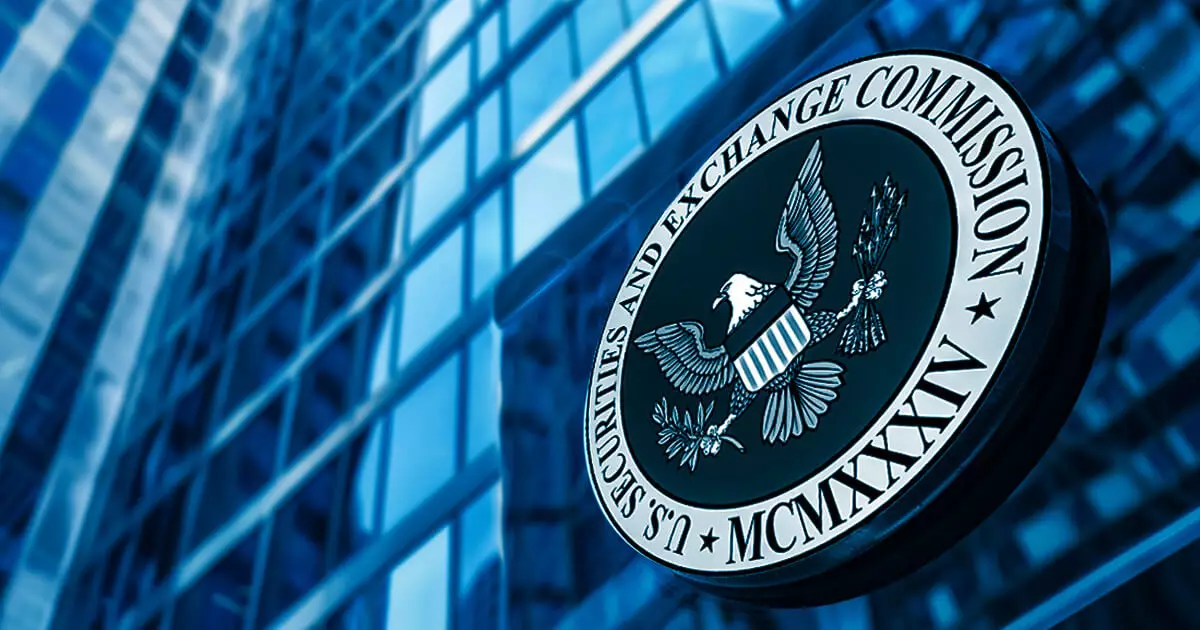Congressman Wiley Nickel (D-NC) has recently taken a firm stance against the US Securities and Exchange Commission (SEC), accusing the agency of eroding trust in the regulatory system with its “regulation by enforcement” approach. His criticism highlights the detrimental impact of the SEC’s methods on digital innovation in the United States.
Nickel’s vocal support for the crypto industry and his advocacy for a regulatory framework that prioritizes customer protection have garnered attention. He has emphasized the need for the SEC to work hand in hand with Congress to establish clear and fair regulations through a transparent process that incorporates public input.
The SEC’s recent issuance of a Wells Notice to OpenSea for alleged securities violations has raised concerns within the crypto community regarding the agency’s enforcement practices. Nickel’s warning about the uncertainty created by the SEC’s aggressive approach underscores the potential negative consequences for emerging technologies like Web3 and digital assets.
Nickel’s stance aligns with widespread criticism from the crypto community, which has long been at odds with the SEC’s enforcement-centric strategy. The ongoing debate in Washington over how to regulate the rapidly evolving digital asset space without stifling innovation is underscored by the Congressman’s call for a more cooperative regulatory process.
Critics argue that the SEC is overreaching its statutory authority by treating digital assets, including cryptocurrencies and NFTs, as securities without a solid legislative foundation. They contend that the agency’s focus on enforcement, rather than collaboration, may actually impede its core mission of safeguarding consumers. Collaborating with industry stakeholders, they believe, could lead to more effective and balanced regulations.
Congressman Wiley Nickel’s critique of the SEC’s enforcement strategy sheds light on the need for a more collaborative and transparent regulatory approach. By fostering dialogue and cooperation between regulators, lawmakers, and industry players, a regulatory framework can be established that protects consumers while fostering innovation in the digital asset space. The ongoing debate over the SEC’s role in regulating emerging technologies underscores the importance of striking a balance between enforcement and collaboration for the benefit of all stakeholders.

